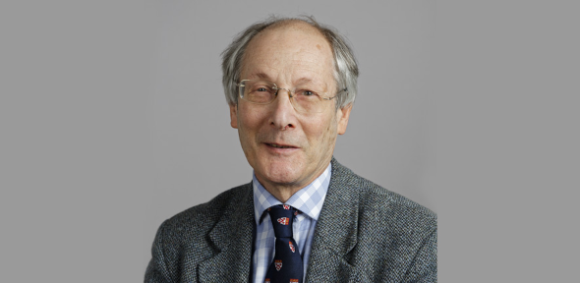
Professor Daan Frenkel ForMemRS has been awarded the Lorentz Medal for his pioneering use of computer simulations.
The prestigious award, which recognises important contributions to theoretical physics, is given by the Royal Netherlands Academy of Arts and Sciences only once every four years. The citation reads:
"The use of computer simulations to map molecular systems may be a no-brainer today, but it was not self-evident a few decades ago. One of the driving forces behind a 'quiet revolution', Frenkel pioneered the use of creative computer simulations to mimic chemical and physical processes. Frenkel's research forms the basis of a large number of theoretical and experimental studies on the behaviour of suspensions: liquids containing insoluble spherical, rod-shaped and plate-shaped particles.
Frenkel is considered one of the most creative and versatile computer physicists in the world, preferring to simplify rather than complicate his models. In many of his scientific breakthroughs, Frenkel used surprisingly simple code, according to his peers. Frenkel's research is not limited to theoretical physics. It has also resulted in innovative insights in related fields including chemistry, biology and crystallography. Frenkel was recently involved in a publication that - based on his earlier work - proposes a new method for detecting the DNA of different pathogens."
